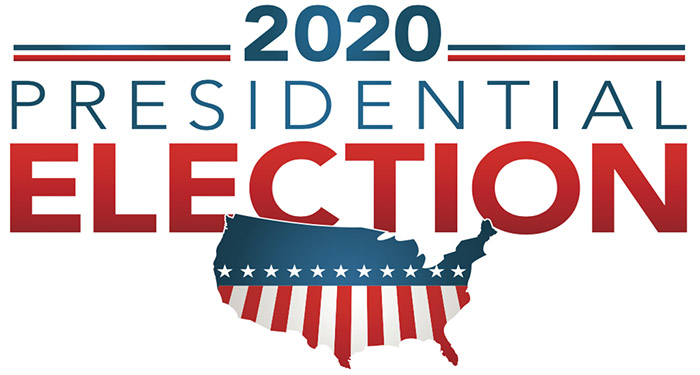
MORE than 150 years after the 13th Amendment abolished slavery in the United States, most U.S. adults say the legacy of slavery continues to have an impact on the position of black people in American society today. More than four-in-ten say the country hasn’t made enough progress toward racial equality, and there is some skepticism, particularly among blacks, that black people will ever have equal rights with whites. What an irony, a superpower and champion of liberty, equality and fraternity have the worst record as far as the race relations are concerned.
Opinions about the current state of race relations – and President Donald Trump’s handling of the issue – are also negative. About six-in-ten Americans say race relations in the U.S. are bad, and of those, a few see them improving. Trump has made race relations worse. Only a fraction of population(15%) say he has improved race relations and another 13% say he has tried but failed to make progress on this issue. In addition, roughly two-thirds say it has become more common for people to express racist views since Trump became President.
Blacks are particularly gloomy about the country’s racial progress. More than eight-in-ten black adults say the legacy of slavery affects the position of black people in America today and an equal number say the country hasn’t gone far enough when it comes to giving black people equal rights with whites and it is unlikely that the country will eventually achieve racial equality. Americans see disadvantages for blacks and Hispanics in the US. A majority of all adults say that being black hurts people’s ability to get ahead at least a little, and more than half say the same about being Hispanic. In contrast, almost 60% say being white helps people’s ability to get ahead. Views about the impact of being Asian or Native American are more mixed.
Blacks, Hispanics and Asians are more likely than whites to say being white helps people’s ability to get ahead at least a little. Among whites, those who are more educated, as well as those who identify with or lean toward the Democratic Party, are particularly likely to see advantages to being white. Republicans and Democrats have vastly different views on race. Education is also linked with whites’ perceptions of the impact their race has had on their ability to get ahead. Small shares of whites across educational levels say their racial background has hurt their ability to succeed, but those with a bachelor’s degree are more likely than those with less education to say being white helped them at least a little.
Blacks and whites differ in assessments of why it may be harder for black people to get ahead. Black and white adults have widely different perceptions of how blacks are treated in America, but majorities of both groups say blacks are treated less fairly than whites by the criminal justice system (87% of blacks vs. 61% of whites) and in dealing with police (84% vs. 63%, respectively). Across these different areas, there are gaps ranging from 39 to 53 percentage points in how white Democrats and white Republicans see the treatment of blacks in the U.S. Majorities of blacks, Hispanics and Asians say they have experienced discrimination because of their race or ethnicity. About three-quarters of blacks and Asians – and 58% of Hispanics – say they have experienced discrimination or have been treated unfairly because of their race or ethnicity at least from time to time. In contrast, about two-thirds of whites say they’ve never experienced this.
When asked about specific situations they may have experienced because of their race or ethnicity, blacks are considerably more likely than whites, Hispanics or Asians to say that people have acted as if they were suspicious of them; people have acted as if they thought they weren’t smart; they have been treated unfairly by an employer in hiring, pay or promotion; or they have been unfairly stopped by police. Hispanics and Asians are more likely than whites to say each of these have happened to them. Asians are more likely than any other group to say they have been subject to slurs or jokes because of their race or ethnicity. In turn, more whites than blacks, Hispanics or Asians say people have assumed they were prejudiced or racist; 45% of whites have had this experience.
With US election due in less than 40 days and with racial relations and harmony at lowest ebb, it is safely predicted that majority of the black voters will perhaps vote for Biden. But there is a dilemma. Blacks form only 13% of the US population while whites form almost 80% (rest being other ethnic groups). The complex election system does not allow the candidate getting majority of popular votes to become President but depends on which way the delegates vote. We saw this in the last elections in 2016 when Hillary Clinton got the majority of popular votes but Trump got the white house on the strength of votes he got from delegates. It is high time US Law makers look into this glaring example of denying the people their right to elect candidate of their choice. American society already stands divided and polarized. Lately this deterioration has gained momentum and taken the shape of a movement, which, if not properly tackled, can lead to a civil war-like situation.
— The writer is former DG (Emigration) and consultant ILO, IOM.
Source: https://pakobserver.net/us-election-race-relations/

